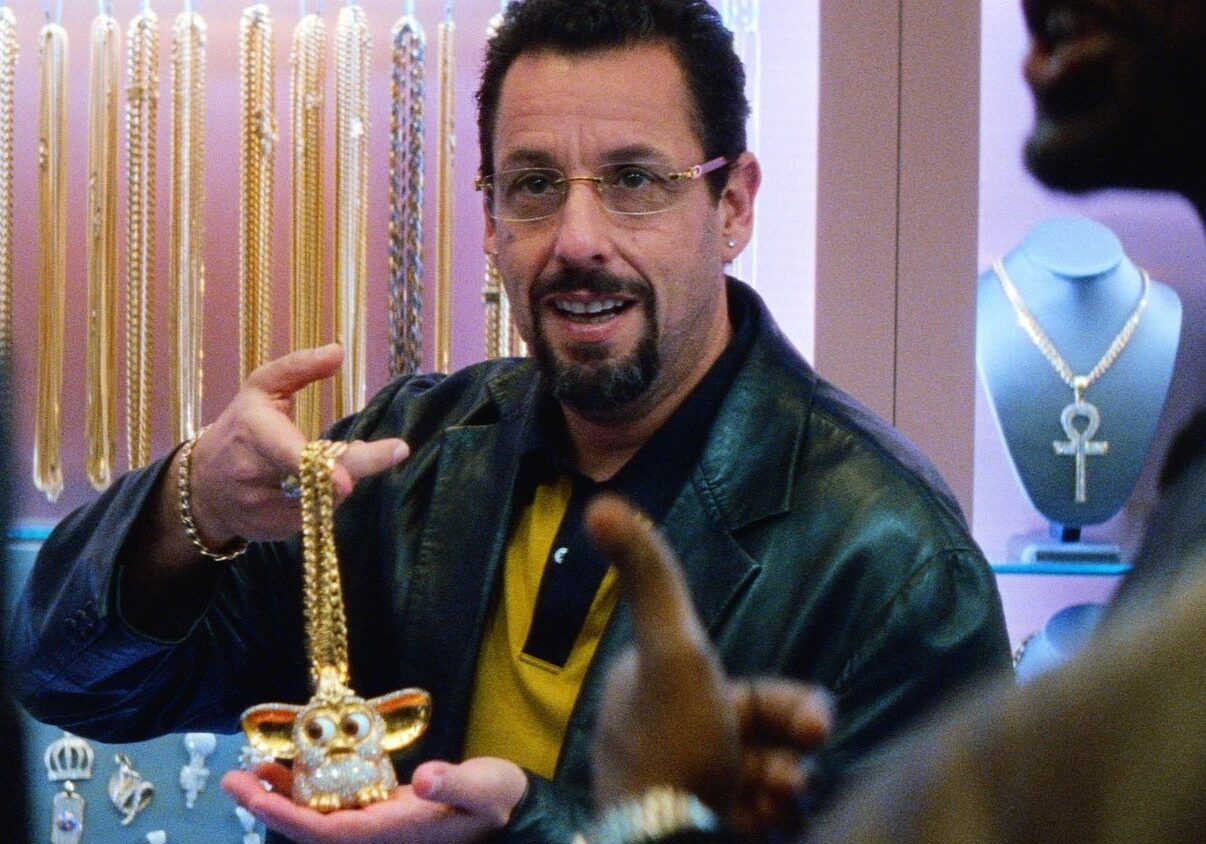Earlier this week Ben wrote a note about the Curse of Some Talent. There is a related idea that comes with a story. This is one of my favorite stories. It recounts a seminal event from the earliest days of Saturday Night Live.
The inaugural cast was a gifted one. If, like me, you weren't there, it included John Belushi, Gilda Radner and Dan Aykroyd, among other generational talents. It also included Chevy Chase. His stint would be brief. After one full season in 1975 and a few episodes in the 1976 season, Chevy left the show. He claimed that he did so because his fiancée wasn’t willing to live in New York, which may have been true. The cast and many others, however, believed he left to quickly cash in on the platform and fame their young repertory company had provided him. He was a star, and they weren’t (yet). He was Chevy Chase, and they weren’t. And by all accounts, his behavior quickly started to reflect that belief.
And then, just as quickly, he was gone.










The search for the super-genius investor versus “stick to your process” (not the super-genius’ investment process, but one’s diligence process) perfectly explains if you (individual or firm) got it right about Madoff. Back in the '00s, I sat on the risk committee of a firm that considered including Bernie Madoff as one of our outside advisors.
The pull was his impressive performance (all attributed to, let’s be honest, a belief in his super genius and overwhelming resume as his explanations of his process were just obfuscating blah, blah, blah) with the counter-pull being a series of red flags including a back-alley accounting firm, shaky record keeping and minimal-at-best controls.
Our process - our “due diligence -” screamed “NO!” Our unspoken search for the super genius pushed us to find a way to “yes.” Fortunately, in this case (we got others wrong, just, luckily, not that spectacularly wrong), our process was competent enough, our fealty to our process was strong enough, that we said “no.” When it blew up, we all congratulated ourselves on a job well done, while also quietly breathing a sigh of relief that we fought off the pull of the super-genius cult.
Not quite Rusty’s specific point - but definitely in the ballpark of building and always applying a thoughtful and experience-driven process versus abandoning it to an emotionally-driven quest for something (a super-genius investor) that blinds us to everything else. Of course, if we did go with our emotions, we’d never admit we were abandoning the process, we’d just find some cover reason - like “rogue operatives -” to get to the result we’d want despite our process.
Very much the thing which drove a lot of investors there, although parsing the genius-hunting vs. smooth return-seeking behaviors isn’t always clear.
As an aside, I actually have a lot of grace for some of the funds and careers that were ended by very small - speculative - sized positions in Madoff. Absolutely amazing to think about how many <2% positions ended businesses.
Over the years I met with more than one of Madoff’s more sophisticated “institutional” investors who acknowledged that he was probably not doing what he said he was doing (the whole split-strike conversion thing never stood up to serious scrutiny, nor did his linear 1% per month returns) but thought that was simply a cover for a riskless front-running scheme on the Philadelphia Exchange (of which Madoff was a lead market-maker). They figured they could participate in the profits of the criminal enterprise, without any risk of consequences. Of course when I asked them if you assume the guy is a criminal what makes you so sure he won’t steal your money, they shrugged it off. Clearly ended up a case (for many of the larger sophisticated investors) of being out-raccooned.
That’s great insight and proves, once again, that nothing is new and that past generations understood the world very well as shown by this old homily: If you lie down with dogs, you wake up with fleas.
Rob,
Your comment tickled my memory. I assume you’ve read this, but if not, you’ll want to.
https://static1.squarespace.com/static/57c20ad246c3c4d923d47089/t/59a49356f43b55abeb20de42/1503957848064/The+Voysey+Inheritance.pdf
Nothing new under the sun.
And alas, that is a lesson that will be learned again and again. Whether it is criminal activity or simply unethical behavior, it is shockingly easy for LPs to justify the mental gymnastics of ‘It’s not me doing it’ or ‘I’m not a fiduciary for the people getting screwed’ responses.
Pray thee tell Rob, what does it mean to be out-raccooned.
Hi Tim–looks like you are new to the pack so I’m going to hit you with some great pieces from Ben referencing one of his favorite movies—
and The Spanish Prisoner - Epsilon Theory
The crux is the old adage that “you can’t con an honest man”. Some of these investors thought Madoff was stealing “for” them, not “from” them and that they were the raccoons and not the marks.